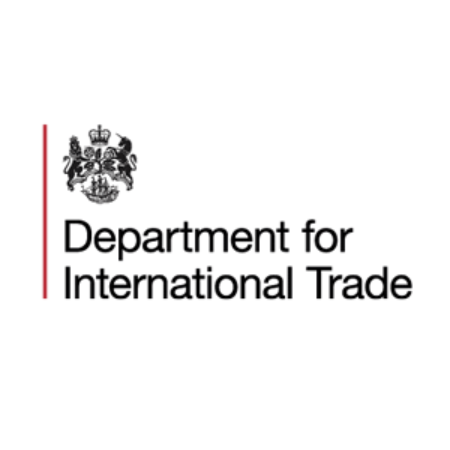
Summary of the agreement
The countries which will be covered by the Eastern and Southern Africa (ESA) Economic Partnership Agreement (EPA) are:
- Madagascar
- Mauritius
- Seychelles
- Zimbabwe
The EPA between ESA and the UK (the ESA-UK EPA) maintains the effects of the ESA-EU EPA in a bilateral context.
In the ESA-EU EPA, the UK commits to providing immediate duty-free quota-free access to goods from ESA states. In exchange, the ESA states commit to more gradual tariff liberalisation. However, sensitive products are excluded from full liberalisation.
The EPA allows for both parties to take measures to protect their markets in particular circumstances. The EPA envisages development support from the UK to ensure that it is effectively implemented, and that the opportunities it offers can be fully realised by the ESA states.
Economic partnership agreements are development-focused trade agreements that aim to promote increased trade and investment. They contribute to sustainable growth and poverty reduction in developing countries.
Type of agreement
This is an economic partnership agreement.
When the agreement is active
This agreement can take effect when the ESA-EU EPA no longer applies to the UK.
It is expected that this will be at the end of the implementation period if the withdrawal agreement is ratified, or on 29 March 2019 if the UK leaves the EU without a deal.
Explanatory memorandum
Information on the economic partnership agreement including:
- ministerial responsibility
- policy considerations
- implementation
Parliamentary report
Details of, and reasons for, any significant differences between the existing ESA-EU EPA and the new ESA-UK EPA.
Treaty text
Agreement establishing an economic partnership agreement between ESA and the UK.

Department for International Trade
The Department for International Trade is a UK government department responsible for managing trade agreements between the UK and foreign countries, as well as for encouraging foreign investment and export trade.






























